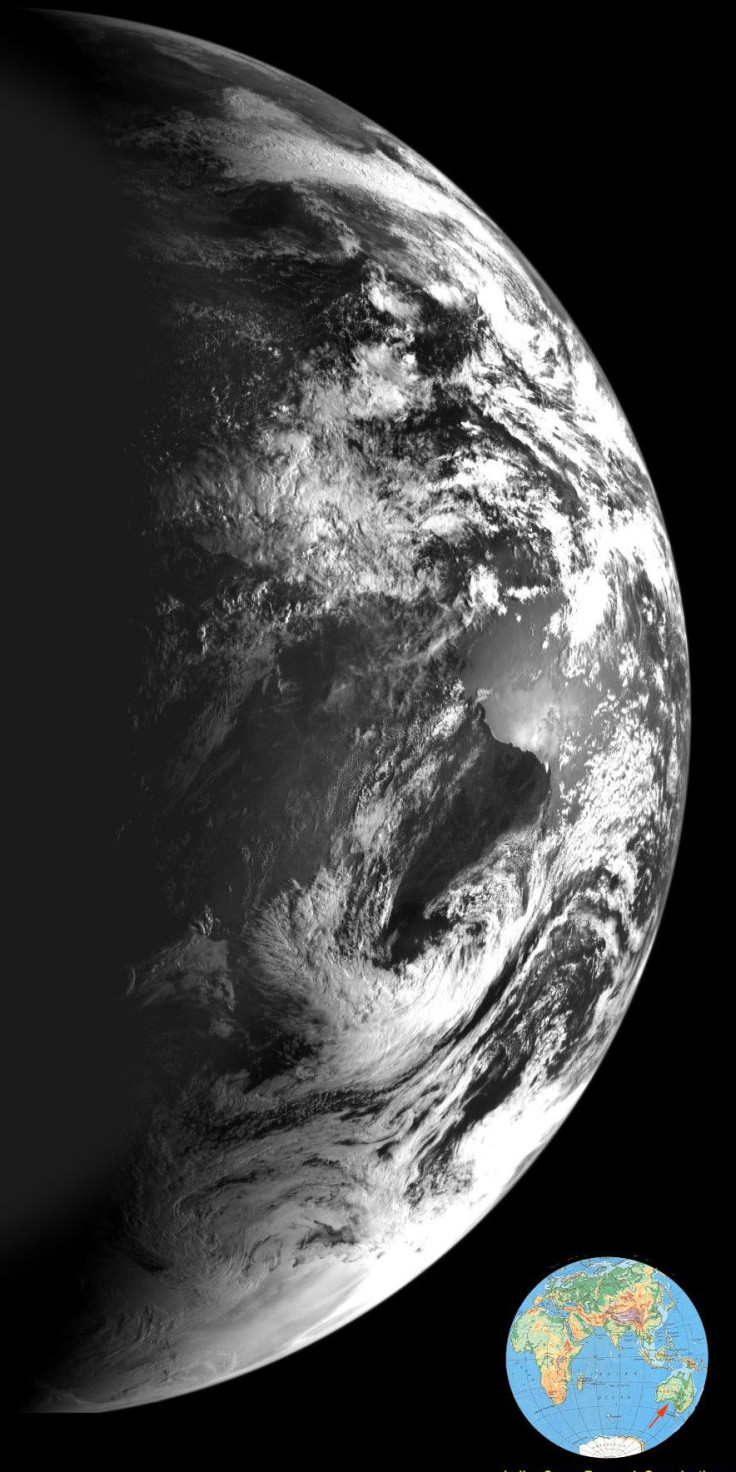University of California scientist puts a price tag on planet Earth

Greg Laughlin, an astrophysicist from the University of California at Santa Cruz has evolved a formula to come up with a monetary valuation for planets in the Universe, according to which planet Earth is the most expensive at 3000 trillion pounds, or almost $5000 trillion!
Reports suggest that the formula was initially derived for exoplanet discoveries made by NASA's planet-hunting Kepler spacecraft and takes into account a planet's age, size, temperature, mass and other vital statistics to arrive at the figure.
Later, it was extended to derive the values of all 1235 planets in the Universe, most of which received poor price tags given their inhospitable climate. The next best valuation in the solar system after Earth was given to Mars, which was priced at 10000 pounds only. Venus on the other hand came to less than a penny given its surface temperature and overhanging sulphuric-acid clouds.
Among the previously discovered exoplanets, some of which were hyped as earth-like planets in the habitable zone, the most expensive - based on properties listed in the discovery paper - is Gliese 581 g valued at approximately $60000. Speaking with science writer Lee Billings on Boingboing.net earlier in February, Laughlin said, despite all of the media excitement that has surrounded the detection of planets supposedly lying in the habitable zone, these aren't the ones to really get excited about yet. These aren't the planets we're looking for.
Laughlin, however, has warned that these values do not take into account any habitability-measures (such as availability of water, oxygen etc.) other than basic orbital and mass properties. He draws a parallel with companies during the dotcom bubble when technology startups with little concrete earnings returned huge valuations based on what similar established Internet companies were drawing. The price attached to these planets too, in that sense, is merely a speculative one based on potential rather than intrinsic worth in terms of habitability.
© Copyright IBTimes 2024. All rights reserved.





















